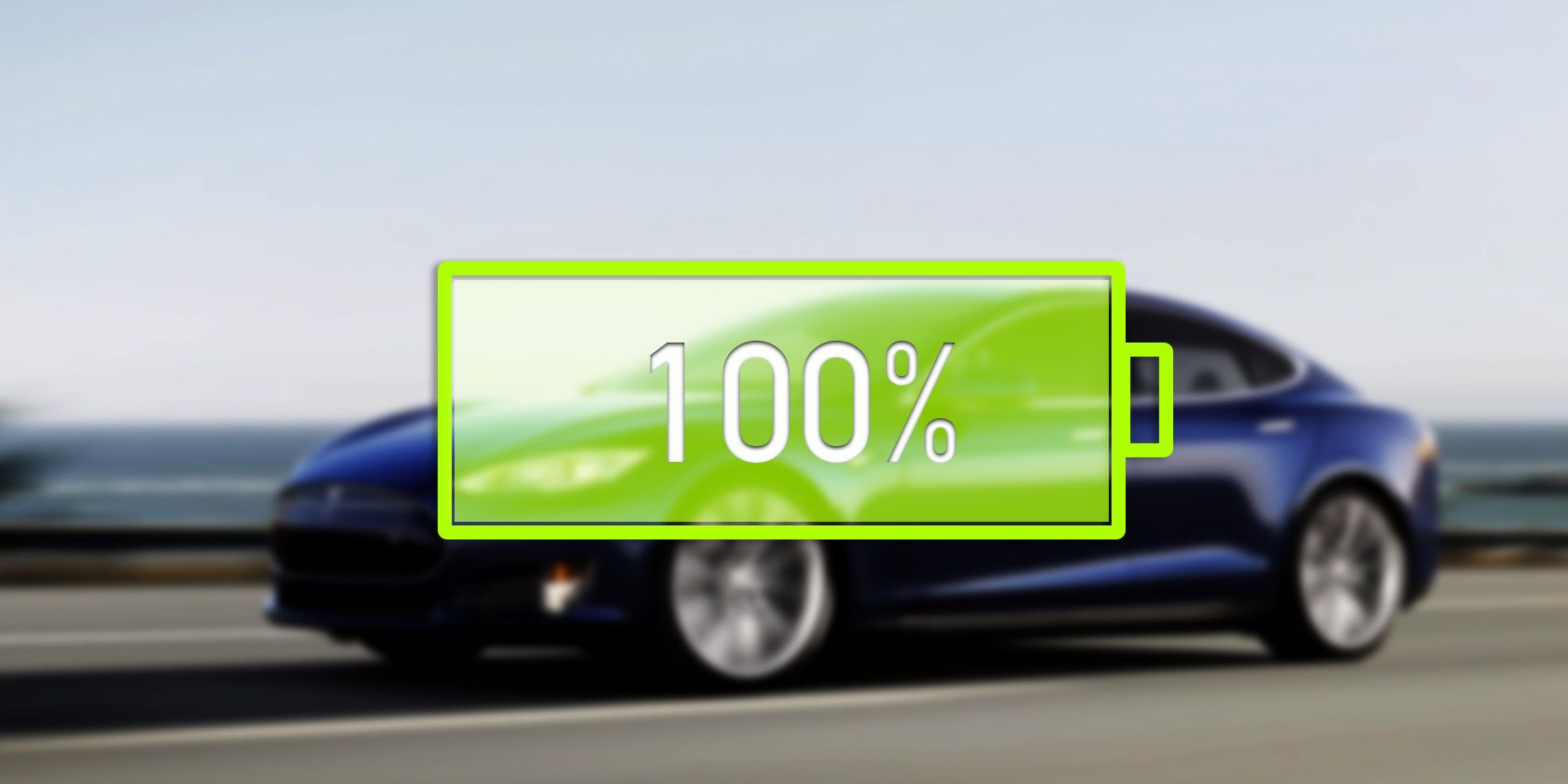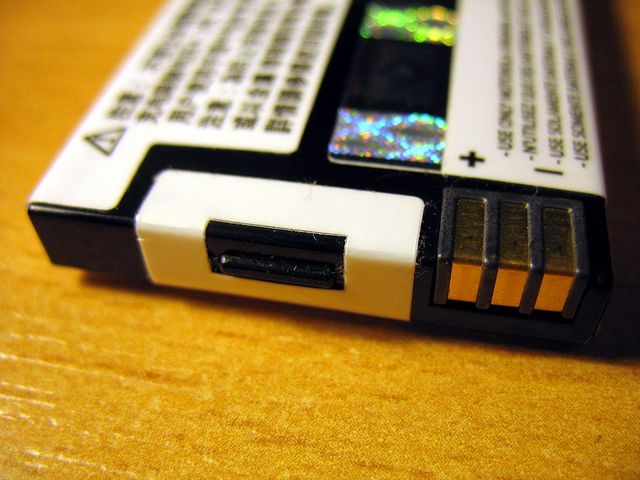Battery technology is advancing at a seemingly unstoppable rate.
It feels like each month, we're writing about some new development-or-other, with the potential to bring about ultra-long endurance cells. We get excited about the possibilities these give us, like electric cars that are not just viable, but also affordable.
Like these new batteries from German electronics manufacturing titan, Bosch. Not only can they last longer, but they also could potentially see electric cars travel double the range on the same charge.
Welcome to the exciting world of solid-state Lithium Ion batteries.
The Unique Advantages Of These Batteries
So, before we get into the meat of the matter, it's probably worthwhile exploring the difference between liquid and solid electrolyte batteries.
The battery technology you're most familiar with uses a liquid electrolyte. These batteries can be found anywhere - from laptops, to cell phones, to smartwatches. But they come with a few key disadvantages.
Liquid electrolyte batteries require each cell be packaged in a dense, hermetically sealed metal case. These are needed for safety, but reduce energy density and add weight and size.
They're also (relatively) expensive to manufacture, as a result of the complicated and convoluted manufacturing process used in making them, and the fact that the cathode of most Lithium Ion batteries use cobalt oxide - an expensive and environmentally toxic chemical compound.
There's also a matter of safety. Lithium-ion cells are prone to exploding and overheating under adverse conditions. If the cells overheat or are overcharged, for example, the pressure inside of them can build up. You can see the results in the video below. To make matters worse, the liquid used in these batteries is extremely flammable.
Finally, because each lithium-ion cell must be packaged in a safe, hermetically sealed manner, they can't be manufactured small enough for many applications.
But these new batteries from Bosch don't have these problems, for a simple reason: rather than using a liquid electrolyte, they use a nano-structured solid polymer electrolyte.
If I may geek out for a moment, solid polymer electrolytes are really, really cool.
Because they don't feature any liquid, they don't need to be housed in secure, hermetically sealed containers. As a result, solid-polymer electrolyte cells can be made as thin as 0.64mm. They can also be stacked to create larger battery packs.
Although Bosch is pushing this tech forward, they didn't create it. It's been around for a while. In fact, Mitsubishi released a laptop in 1998 with a super-thin solid polymer battery. The Pedion cost $6,000 and was only 1.84 centimeters thick, making it even more svelte than the first generation Apple Macbook Air.
But it's not just thickness. These cells can be as wide as you want. They're just really flexible. And because they're commonly housed in foil-containers, they can be rolled and bended, making them ideal for devices that come in curved or irregular shapes - and for next generation flexible electronics.
Finally, because these batteries are solid-state (meaning no liquid involved), there's no chance they can leak, or catch fire. They're fundamentally safer. And they don't have to use that poisonous cobalt-oxide as a cathode. They can literally use any metal oxide.
In short, solid-state lithium batteries are awesome. But there are still a few technological challenges we need to first overcome.
The Promise Of Bosch's Tech
The majority of the challenges this battery tech faces can simply be resolved through better manufacturing processes. This is often something that can be resolved by throwing money at the problem until it eventually goes away, as we've seen with Elon Musk's mind-blowing gigafactory.
But when it goes away, it'll go away for good. Future solid-state batteries can be manufactured using a 'cut away' process, where there are sheets of the electrolyte that are literally 'cut away'. And as previously mentioned, there's no need for an expensive cobalt-oxide based cathode.
One technological drawback is that the batteries only really operate at an uncomfortably hot 176ºF, or about 80ºC. This means that they could potentially struggle to work in cold conditions. It also limits their potential uses in intimate applications, like wearable technology.
The real promise of this tech, I feel, is in electrical cars. According to Bosch, it could potentially offer double the length of existing batteries, at half the price. They would also weigh much, much less. The current standard Tesla Model S battery weighs about 1,200 pounds (about 540 KG). These new batteries from Bosch could potentially weigh half that, in turn providing better milage.
Then there's the safety argument. If a liquid-electrolyte lithium battery is punctured in a car crash, for example, there's the very real risk it could explode. There have been countless examples of these, including one in October 2013 where a Tesla Model S caught fire after hitting metal debris in Washington State. The video of that went viral, and sent Tesla stock tumbling:
Then there are examples where poor ventilation have caused batteries to overheat, and then consequently explode or catch fire. A similar problem grounded the entire Boeing 787 Dreamliner fleet in 2013. They only took to the skies again for revenue services four months later.
Because these batteries from Bosch are solid state, they're inherently safer.
You'll Still Have To Wait Though
These batteries are amazing. They're smaller, safer, and simply better. But Bosch expects they won't be hitting the market until 2020.
Until then, there are some other exciting developments in battery tech to get excited about. Samsung is working on a battery that uses silicon anodes, and offers twice the capacity.
Meanwhile, Nanyang Technical University of Singapore is using titanium dioxide nanotube anodes in order to speed recharge times to two minutes, and increase the longevity of a battery to twenty years.
There's also graphene technology, which is one of the most promising battery technologies around, as well as radically increase the computational power of the processors we use.
Exciting times. But what do you think? Do you think it'll catch on? Will these new batteries sway you into getting an electric car? Let me know in the comments below, and we'll chat.
Photo Credits: Motorola cellphone battery SNN5749A connector (Uwe Herman)



